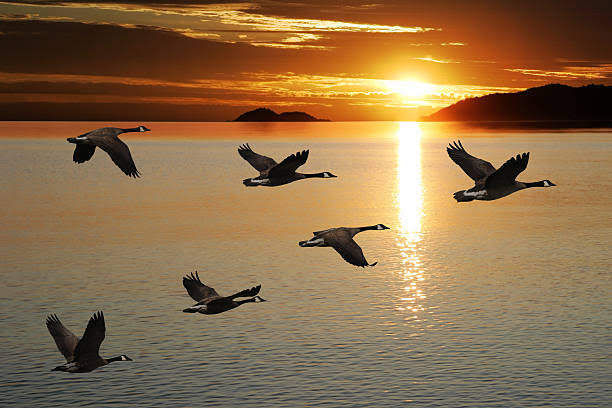Each year, birds travel hundreds and thousands of miles between breeding and non-breeding sites. They fly across the world to warmer climates where food is more abundant and days are longer.
While migrating, the birds encounter challenges and obstacles. Light pollution stands out among migratory birds challenges. For this reason, this year’s commemoration calls on people to ‘Dim the lights for Birds at night’, quite apt.
Light affects basically all spieces as it can attract and disorientate organisms. Lights also interfere with pollination, foraging, predator-prey relationships.
The World migratory bird day is commemorated twice a year in May and October respectively. The event taking place on October 8, focuses on light pollution and it’s impact on birds.
The executive secretary of Convention on Migratory Bird Spieces (CMS) Amy Fraenkel, while making her opening remarks in a Webinar held by various stakeholders around the world observed that “light pollution is a significant and growing threat to wildlife including migratory birds, and each year light pollution contributes to the death of millions of birds.
“It can change their migratory patterns, foraging behaviour, and can attract and disorientate them making them more vulnerable to collisions and other dangers.
“Natural darkness is as important to conservation as clean water, air and soil.”
The objective of world migratory bird day is to bring the newest scientific research to people around the world, raising awareness about the phenomenon of migration. Where birds go, how they navigate and the factor that impacts their success. As well as the possible solutions to the problem.
These include turning off or dimming non-essential lighting during critical migration periods. This will go a long way to drastically reduce dangers from attraction to and disorientation by light, thereby allowing birds to proceed safely with their migratory journeys.
These light out will benefit not only the migrating birds by helping them stay on track, but it will also save energy and money for humans as well.
Let’s all turn off the lights at night.
